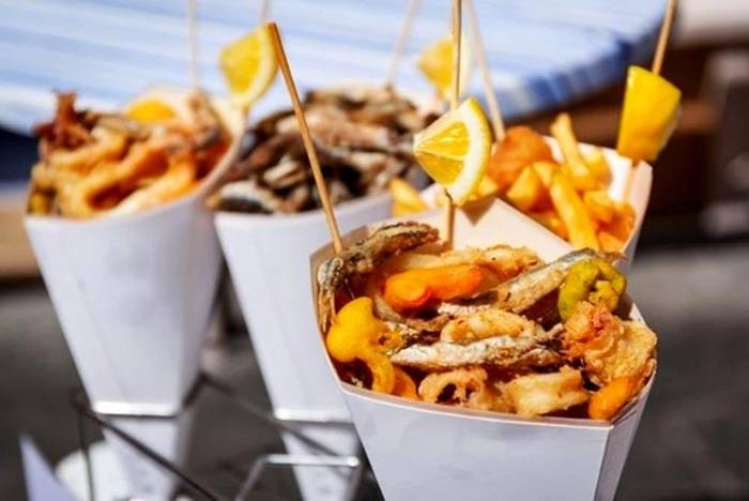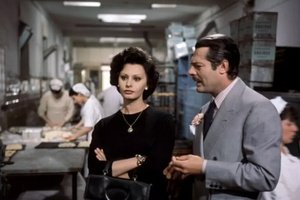German-born Schmidt raised the issue during an interview with the daily QN on Wednesday, and his comments were reported by Italian news agency ANSA.
“It would be fair to introduce an additional taxation for street food establishments, or those that do not offer their customers space and tables but force them to eat on the street,” Schmidt said.
Schmidt added that the oily stains created by street food cause particular harm to the grey pietra serena or Macigno sandstone used extensively in Renaissance Florence for architectural details.
“Panini oil and ketchup aren’t good for old stones,” he said.
“You have to clean them up immediately, otherwise they seep inside and stain them.”
However Schmidt’s proposal was rejected by the Florence branch of Confartigianato Imprese, which represents artisans and small business owners in the Tuscan capital, according to Italian newspaper Corriere della Sera.
The group’s president, Paolo Gori, described it as an “absurd” and “senseless” idea.
“We are absolutely opposed to this additional burden on the city’s businesses,” he said.
Gori suggested that the only way to keep cities clean is to increase monitoring and hand out fines to whoever does not respect the rules.
In 2019, Rome banned sitting and eating on the Spanish Steps, a rule that is still enforced by police today.












